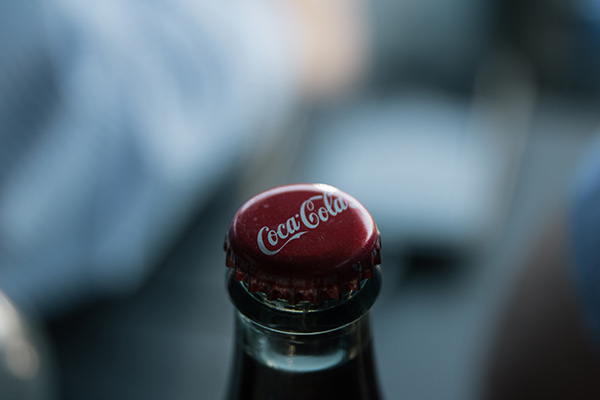Description
Coca-Cola’s MDCs: Distribution Effectiveness vs Social Responsibility?: Abstract
By June 2010, The Coca-Cola Company’s (Coca-Cola) micro distribution centre (MDC) network in Africa had proven to be incredibly successful. Coca-Cola had built up the network to distribute its products through small, independent local entrepreneurs to even smaller outlets, enabling the company to reach markets that traditionally had been very difficult to access. Now social marketers were approaching Coca-Cola for permission to distribute their own products using the MDC network. Paul Fourie, group strategy and business planning director of Coca-Cola Eurasia and Africa, soon had to present his recommendations to Coca-Cola and its bottlers – and wondered what he should suggest as the way forward.
Teaching objectives
The objective of this case is to get the students to discuss and understand the various aspects of product distribution:
- The purpose of a distribution channel
- Types of distribution channels
- The management of distribution channels
- Selection of distribution channels
- Coverage and exclusivity in distribution channels
- Roles and responsibilities of the different role players







Reviews
There are no reviews yet.